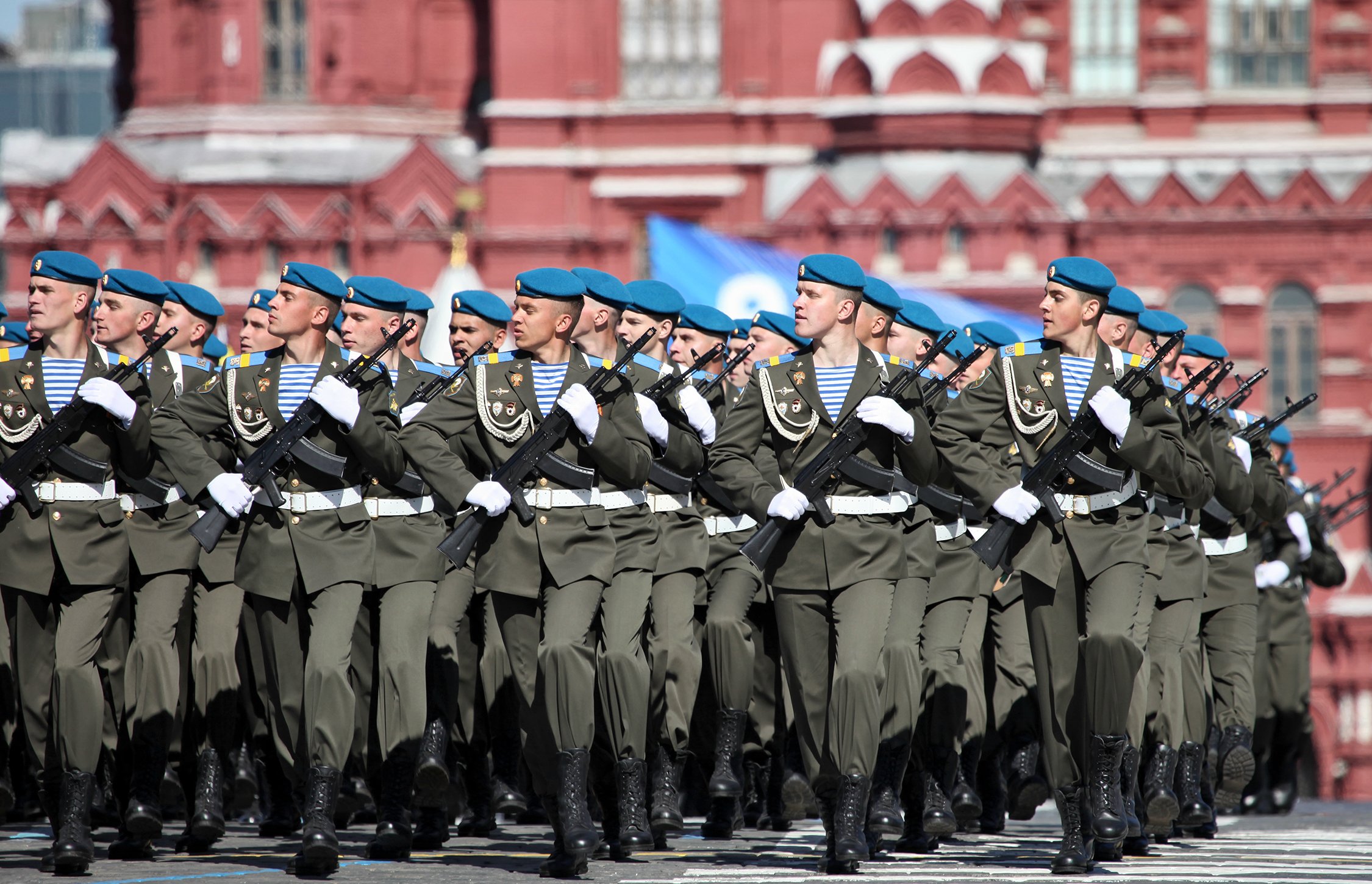
The economy continues to stagnate, and record numbers of Russians are pessimistic about their earnings. Even though Putin’s approval ratings remain over 80%, 51% of Russians failed to attribute a positive achievement to him in the last year, according to a recent poll by the Public Opinion Foundation. Addressing all Russian military officers on the occasion, Putin said the invasion became necessary when it was clear that Russia had to defend itself against NATO and Ukraine, its neighboring threat. The increase in the holiday’s prominence is as much about showing military might as inadvertently admitting that Russia has few significant victories to boast of since then. Vladmir Putin, President of Russia, justified his decision to invade Ukraine during the annual Victory Day parade held on Monday. But at home, celebrations and particularly the military parade have turned an important historical event into a fetish that masks deep insecurities about national identity. Music: C&C Red Alert - 'Hell March' 1-3 by Frank Klepacki Hell March 1 - Infantry 0:00 - 6:18Hell March 2 - Ground Vehicles 6:19 - 9:56Hell March 3 - Aircraf.

he attended a military parade in Belgrade on the 70th anniversary of.

It is easy to understand Russia’s efforts to remind the world of its sacrifice: In the United States, Russia’s role in the war is sometimes underestimated. The Ukraine crisis of 2014 altered Russia's role in the regional security. This year, the Kremlin did not send out special invitations, while diplomats from neighboring Lithuania refused to attend, citing “Russia’s military aggression against Ukraine.”

Less than half of some 70 world leaders invited to attend last year’s 70th anniversary showed up. This politicization has had an isolating effect on an event that should be about celebrating a common victory. Russian Military & Russian Air Force & Russian armed forces units parade on Red Square in Moscow, marking the 71st anniversary of the Soviet victory over Nazi Germany. George Ribbon, initially used in Russia to honor the victory in World War II, became a symbol eagerly used by pro-Russian separatist militia and in the Russian propaganda campaign supporting the rebels. President Putin reinstated a military parade for Victory Day in 2008, but since then the holiday has become increasingly politicized, particularly following Russia’s annexation of Crimea in the spring of 2014 and its backing of separatist rebels in East Ukraine.


 0 kommentar(er)
0 kommentar(er)
